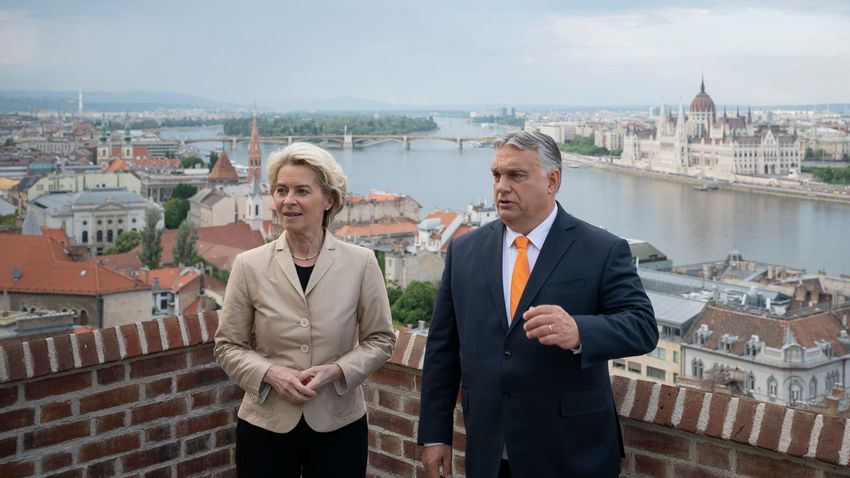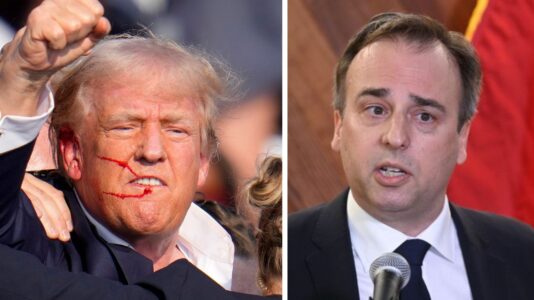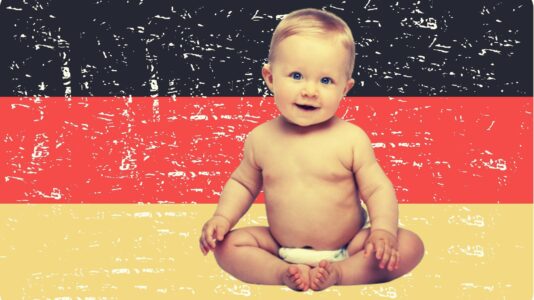Following Prime Minister Viktor Orbán’s trips to Kyiv, Moscow and Beijing, the EU has launched a partial boycott of meetings organized by the rotating presidency, while 63 MEPs are now calling for Hungary’s EU voting rights to be entirely suspended.
Under the boycott, the EU will only send civil servants, not commissioners, to meetings chaired by Hungary.
Not every European leader is on board with these decisions. For example, Austrian Chancellor Karl Nehammer says boycotting Hungary is not a good solution.
Orbán’s peace mission included talks in Kyiv, Moscow and Beijing in the space of a few days. This followed the announcement that the EU commissioners would boycott the Hungarian presidency and even organize their own meeting in Brussels in August. Most EU leaders condemned Viktor Orbán’s peace mission, saying that as EU president-in-office he had no mandate to partake in such a mission.
Commenting on the debate, Austrian Chancellor Karl Nehammer said that Viktor Orbán had broken a taboo, which should be discussed, but that in response to this, another taboo should not be broken, so there was no need to boycott the Hungarian EU presidency.
The Austrian chancellor said that the worst solution is for the parties within the European Union not to talk to each other, which is why ministers from the Austrian People’s Party will continue to attend the EU Council presidency meetings.
“The European Commission and the Council Presidency should resolve conflicts through discussions, not by calling for a boycott. Dialogue is the most important precondition for progress and common solutions at all political levels,” the chancellor stated.
The Netherlands will decide on a case-by-case basis whether to participate in the events of the Hungarian EU presidency, but rejects a formal boycott, Dutch Prime Minister Dick Schoof told the Telegraaf newspaper on Tuesday.
The Dutch prime minister, whose right-wing cabinet took office on July 2, said that he believed Orbán had made it clear that these meetings were bilateral and that he did not represent the EU.
“On a bilateral basis, each country can do what it wants,” he said. Whether the Netherlands will miss meetings organized by the Hungarian EU presidency will be considered together with the other EU member states on a case-by-case basis.
Luxembourg Prime Minister Luc Frieden recently met his Dutch counterpart and in a press statement strongly opposed the boycott of meetings of the Hungarian EU Presidency.
“In a democracy, people talk to each other,” said the Grand Duchy’s Christian Democrat head of government. He said that “Luxembourg’s positions on various issues can be better conveyed if it is represented at the meetings and communicates clearly with the Hungarians about its values.”






